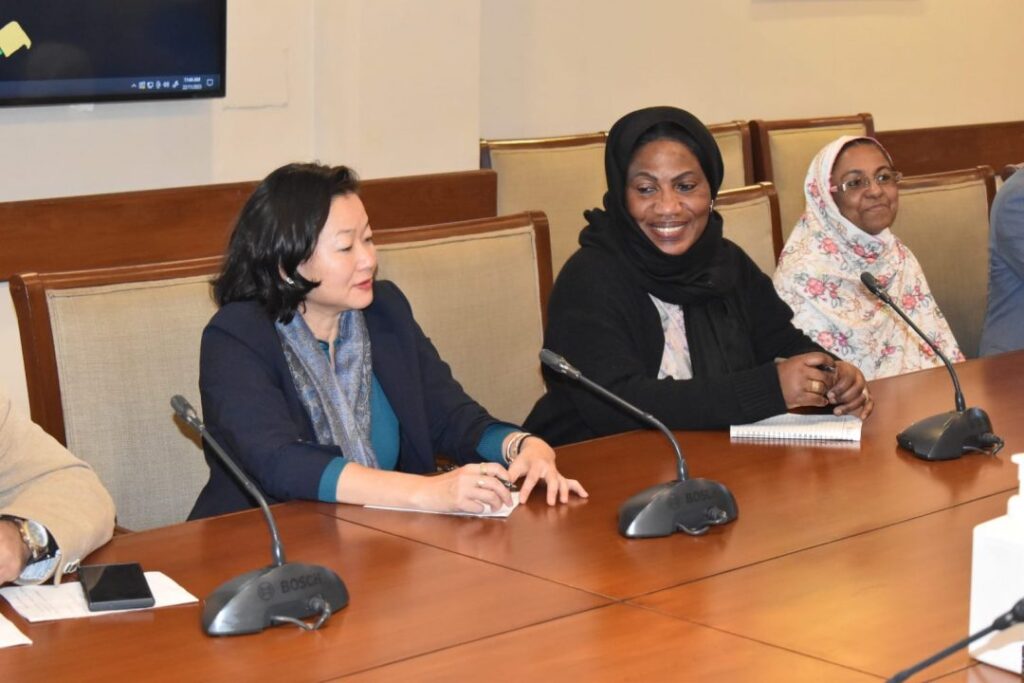
Islamabad – The Green Climate Fund (GCF) has approved a US$ 9.8 million climate risk management initiative aimed at strengthening resilience to extreme climate in flood-prone districts in Pakistan’s Khyber Pakhtunkhwa (KP) province, to be implemented by the United Nations World Food Programme (WFP) in collaboration with the Government of Pakistan.
By strengthening the technical capacity of the public sector in the KP province, this resilience-building project aims to enhance flood forecasting and anticipatory action. It will enable vulnerable and food-insecure rural households to access a suite of climate-resilient tools to diversify their livelihoods and achieve financial sustainability. Additionally, the project will improve climate information services, enabling communities to prepare for and adapt to flash floods with improved flood risk information and local adaptation planning for resilient livelihoods and infrastructure.
The innovative initiative will benefit over 1.6 million vulnerable individuals on the frontlines of climate change through improved climate information services and an early warning system. Plans include installing automated weather and hydrometeorological stations in Buner and Shangla districts, offering tailored crop management advisories, reducing negative coping strategies during floods (such as reducing expenditure on health, food and education), and engaging local entrepreneurs and the private sector.
The Country Director and Representative of WFP Pakistan, Ms. Coco Ushiyama said, “We warmly welcome the Green Climate Fund’s decision to support our project, underscoring the vital role of financing to accelerate climate action. Climate change could well be our existential threat; it is also a call for our collective efforts to build a more resilient and food secure future for all”.
This project will complement ongoing efforts to build climate resilience in Pakistan by addressing gaps in early warning systems, community engagement and livelihood resilience against flash floods. Furthermore, the project incorporates gender-transformative and inclusive strategies, and will prioritize marginalized groups, particularly women and persons with disabilities, for access to information and climate resilience measures.
Focusing on institutional capacity development, knowledge transfer and long-term sustainability, the project marks a significant step forward and serves as a model for comprehensive, community-centred climate adaptation. The success of this project could pave the way for similar initiatives in Pakistan and other climate-vulnerable regions worldwide.
The approval was granted during the 39th meeting of the GCF Board held in Songdo, Republic of Korea, where the agreement was signed on 18 July.
